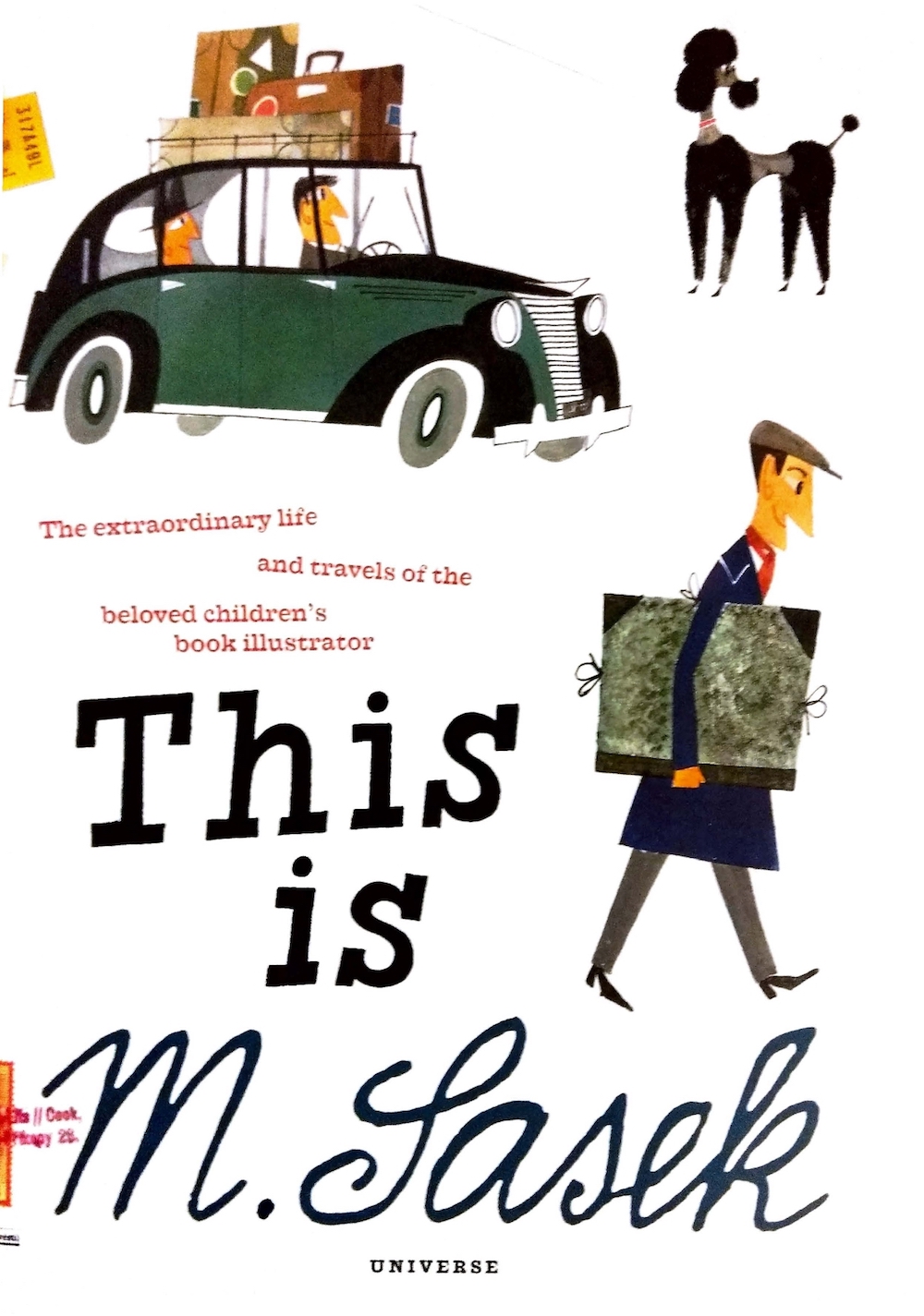“You stole five years of that man’s life” said an angry Paul (Steven Mackintosh) at the end of ITV1’s five-part legal drama The Jury. He’d recently found out that the attractive blonde (Lisa Dillon) who’d been wooing him over lunchtime cappuccinos was more interested in getting into his head than his M&S slacks. He was the foreman of the jury in a murder (re)trial and she was a relative of one of the victims, seeking to influence the outcome. I could accuse writer Peter Morgan of wasting five hours of my viewing life (minus ad breaks, recaps and previews) on this soapy nonsense. Like Paul, I really should have known better.
Nine years ago Morgan wrote another miniseries for ITV1, also called The Jury. It involved the trial of a Sikh teenager, accused of brutally murdering a classmate. The cast list looked impressive both then and now, with Antony Sher, Derek Jacobi, Helen McCrory and Gerard Butler joining veterans Sylvia Syms and Peter Vaughan. I can’t remember anything about the outcome, but I’m sure it delivered the element of suspense that was so totally lacking in the second series.
There’s nothing inherently wrong with a drama that shares the emphasis between the accused, the legal professionals and the ordinary men and women whose job it is to evaluate the evidence. It’s stating the obvious to say that their life outside the courtroom informs the way jurors perform this difficult task. But in trying to flesh out those (usually anonymous) figures, Morgan has given us scenarios than range from the banal (a fireman using his holiday allocation to perform his civic duty), to the unbelievable (a PR boss delegating her assistant to attend court).
Mackintosh did his best with the role of a dutiful son torn between his ailing mother (played by Anne Reid) and the lure of that courtroom Mata Hari, while Jodhi May also impressed as a teacher struggling with an unplanned pregnancy. Julie Walters had a mixed time trying to curb her comic instincts as the defence barrister. But Morgan would have done better to concentrate on fewer characters here. I didn’t see his ensemble drama 360 at the recent London Film Festival (it sounds like rubbish), but I don’t agree that multiple plotlines make for a satisfying viewing experience. Would The Damned United (another Morgan screenplay) have been improved by giving the entire Leeds United team of 1974 as much screen time as Michael Sheen’s Brian Clough?
Allowing lonely wife Krystina (Branka Katic) to have a brief flirtation with online dating felt too obvious, given that this was how the three female murder victims had met their killer. Then there was meek juror/murder groupie Ann (Jo Hartley) busily penning love letters to the accused (John Lynch) in her spare time. I doubt whether anyone guessed why the fireman was making those regular trips to the tanning salon, but his story was (presumably) supposed to be the light relief here.
By the end it seemed that The Jury wasn’t really interested in giving us a compelling miscarriage of justice story, or an insight into what happens behind the scenes. This show was much more about reinforcing the superiority of British democracy in the 21st century and the continuing importance of trial by jury. In a background story, Parliament controversially votes to abolish this bulwark of our legal system. (Luckily those reactionaries in the Upper House quickly overturn their decision.) There was also an unexpected plug for the virtues of Blighty over America, when the Sudanese-born juror Tahir (Ivanno Jeremiah) belatedly chooses British citizenship over joining his brother in the frozen Midwest. It was all shamelessly sentimental and quite unbelievable.











